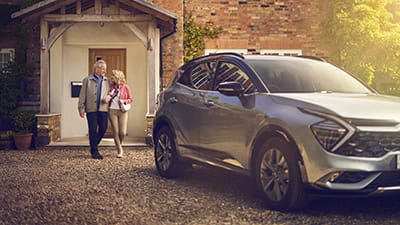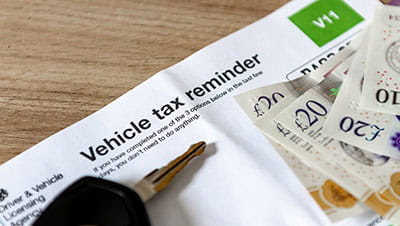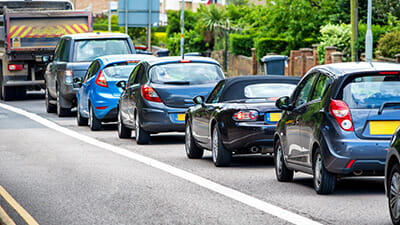
Saga's Automated Assistant
What product would you like to discuss today?
Saga's Automated Assistant
Do you currently have a policy with us?
How does your policy number appear on your documents?
Many things can affect how much you pay for car insurance, like your job and how many miles you drive each year. Here are some factors that can influence car insurance costs:
When calculating your car insurance cost, your job matters. If you drive a lot for work, your insurance might be more expensive. Meanwhile, some jobs have more insurance claims, so their insurance costs more. For example, if bricklayers make a lot of claims, their insurance could be more expensive.
It’s important to provide the right job when you buy your insurance. If you don’t, your insurance might not cover you if you need to make a claim.
The kind of car you want to insure affects how much you’ll pay. Cars are sorted into 50 car insurance groups to help insurers set prices.
Cars in lower groups may be cheaper to insure because they have smaller engines, are easier to fix and parts are cheaper. Cars in higher groups could cost more to insure because they have bigger engines, are more likely to be stolen and are more expensive to repair.
How many miles do you drive each year? If you drive a lot, you might pay more for car insurance because spending more time on the road increases the risk of accidents.
However, this isn’t always the case. For instance, a study from January to August 2023 found that drivers who drove between 12,000 and 13,999 miles per year paid less on average for their monthly premiums than those who drove between 2,000 and 11,999 miles.
The voluntary excess you choose can also affect your car insurance price. If you agree to pay more voluntary excess, your insurance quote might be cheaper because you’re taking on more of the cost if you make a claim.
However, don’t choose a higher voluntary excess because you think it will lower your insurance cost. Pick an amount that you can afford. Also, remember to consider your compulsory excess when deciding on your voluntary excess.
Your driving history can play a role in determining your car insurance cost. If you don’t make any claims for a year, you earn a no claims discount. Having several years of no claims discount can show that you’re a safer driver, which might lower your premiums.
However, if you’ve made claims or have driving convictions like speeding points, this can increase your insurance price.
Adding other drivers to your car insurance can change the cost. A named driver is someone listed on your policy who can drive your car, but the vehicle isn’t primarily in their name. This could be a child, grandchild or friend.
When you add named drivers, it can affect your insurance price, as you may be changing the ‘risk profile’ of the policy. The cost change depends on who you add. For example, if they have past claims, your premium might go up.
When buying car insurance, you can choose from three levels of coverage. The type you select can affect how insurers calculate your premium. The three levels of coverage are:
Different levels of insurance offer various protections, with comprehensive usually giving the most coverage. You can add extras to these policies, which can change the price.
However, comprehensive isn’t always the most expensive. High-risk drivers used to choose third-party insurance because it was cheaper, but now insurers have adjusted their prices. So, third-party insurance isn’t always the cheapest option anymore.
Saga does not offer cover on a third party, or third party fire and theft basis.
Where you live can affect your car insurance costs. Insurers check your postcode and consider things like traffic, population density and the number of claims in your area.
The age of your car can influence your insurance cost. Older cars might be cheaper to insure because they’re worth less, so the insurer won’t have to pay as much if they’re damaged. On the other hand, newer cars with good security features can also lower your insurance premium because they’re less risky to insure.
Don’t stress too much about your car’s age. It’s just one of many factors that insurers will consider when calculating the price of your car insurance.
If you file a claim, your car insurance costs will usually go up, even if the accident wasn’t your fault. However, it’s worth noting that the price can also go up even if you haven’t made any claims.
When you retire, your car insurance premiums might decrease. This potential reduction is often due to spending less time driving and covering fewer miles annually. Additionally, avoiding peak commuting hours, which are considered high-risk by insurers, can also contribute to lower rates.
However, retirement doesn’t automatically guarantee cheaper car insurance. Various factors still influence your premiums, and if you continue to drive frequently, your rates may not decrease as expected.
Saga Car Insurance is arranged and administered by Ageas Retail Limited and underwritten by Ageas Insurance Limited.
Whether you're looking for straightforward insurance or cover that's packed with extras, our car insurance has plenty of options for people over 50.


Choose our highest car cover level Saga Plus and freeze the price of your car insurance for 2 years if nothing changes. T&Cs apply.
There's plenty to explore and learn about our car insurance cover.

When there’s a delay in receiving your certificate of motor insurance, cover notes come to the rescue.


Find the right service for you using our handy guide to achieving a balanced car servicing schedule.

Learn everything you need to know about cancelling car insurance, from the steps to take to potential refunds.

Clueless about keyless? Here’s all you need to know and some simple solutions to keep your car safe.

Are petrol and diesel cars destined for the scrap heap? What will the 2030 car ban mean for motorists?

You’ll be back on the road in no time with a courtesy car to keep you mobile while yours is being repaired.

Looking for some extra peace of mind when driving on the continent? Look no further than European car breakdown cover.